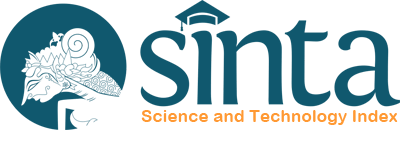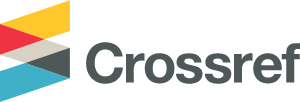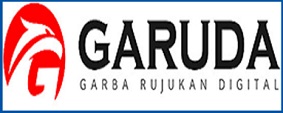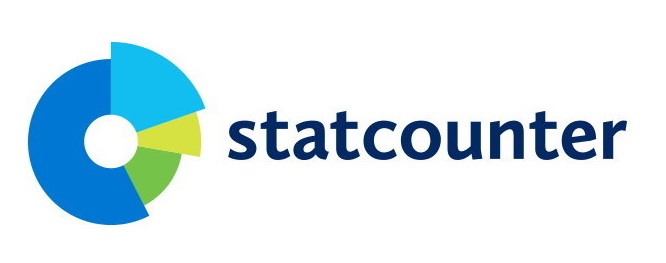PENGARUH PMRI BERBANTUAN “KNOW-WHAT-LEARN WORKSHEET” TERHADAP SIKAP KEMAMPUAN PEMECAHAN MATEMATIKA
Abstract
Mathematics is a critical tool for young people as they confront issues and challenges in personal, occupational, societal, and scientific aspects of their lives. It is thus important to have an understanding of the degree to which young people emerging from school are adequately prepared to apply mathematics to understanding important issues and solving meaningful problems. This study aims to know the effect of Indonesian realistic mathematics education learning (PMRI) using know-what-learn worksheet to students’ attitude and problem solving ability of grade VII SMP Negeri 1 Kuta Utara. This research is a combination research that used concurrent embedded design mixed methods. The population of the research was the students of grade VII of SMP Negeri 1 Kuta Utara in 2016/2017. Two classes as samples were taken from twelve classes with cluster random sampling technique. Data were analyzed using MANOVA. The results of the study shows that (1) PMRI using Know-What-Learn Worksheet Learning positively affected the students’ attitude and math problem solving ability (? = 25.440, p > 0.05), (2) PMRI using Know-What-Learn Worksheet learning process can improve interest in math, understanding, liveliness in the learning process, and math meaningfulness in the daily life of students.
Downloads

This work is licensed under a Creative Commons Attribution 4.0 International License.

This work is licensed under a Creative Commons Attribution 4.0 International License.









